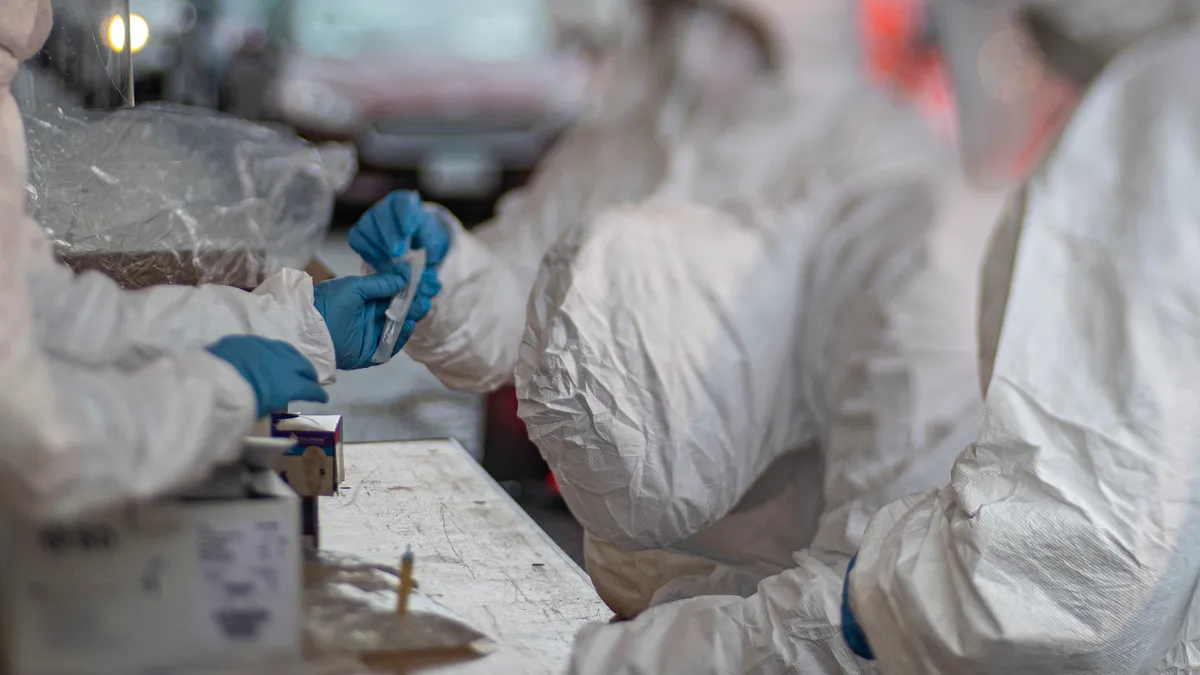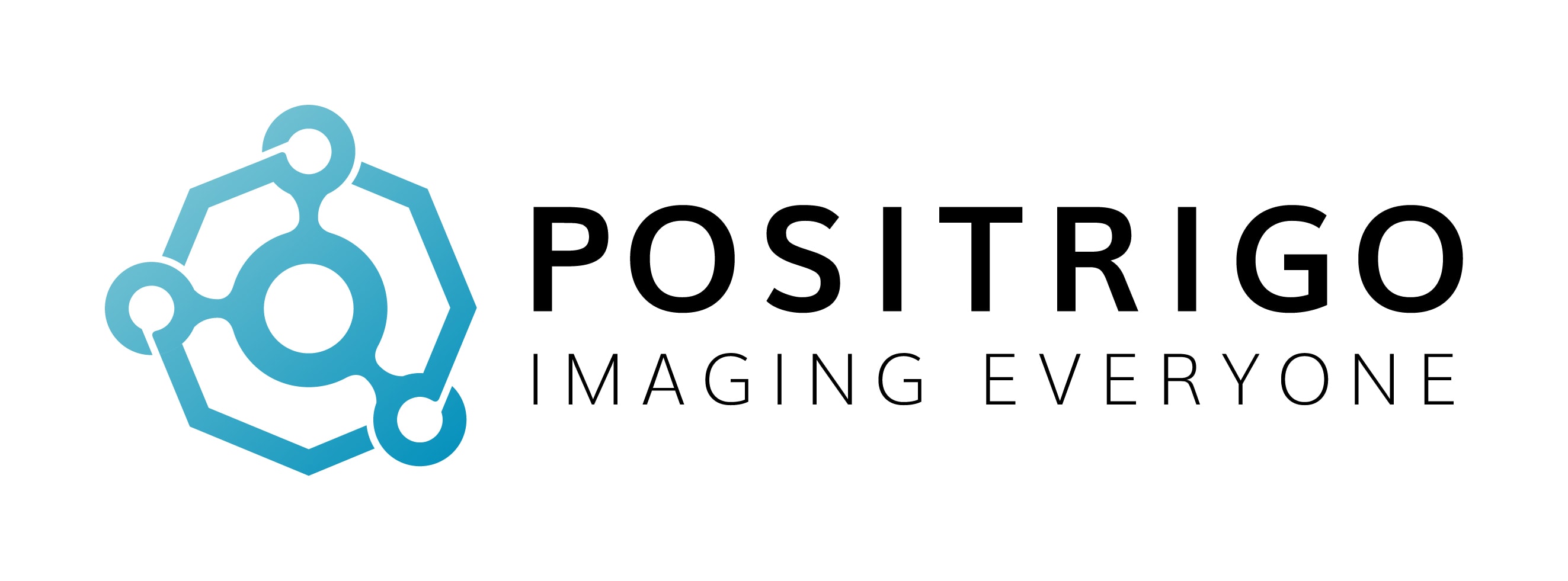Dive Brief:
-
AdvaMed has created a U.S. COVID-19 diagnostic supply registry to help the federal government and states more effectively respond to the coronavirus pandemic by providing them with a tool to quickly identify and address potential test shortages.
-
The medtech lobby said Tuesday the database, created in partnership with 13 diagnostics companies, will provide weekly state- and national-level updates on the number of tests shipped. The registry's initial data release shows the industry is now shipping 800,000 COVID-19 tests a day, adding to the 65 million products that it has distributed since the start of the outbreak.
-
AdvaMed unveiled the registry on the same day as it and tens of other organizations wrote to the leaders of the House and Senate urging Congress to make money available to support more testing as lawmakers debate the next round of relief funding. HHS also announced a COVID-19 National Testing Implementation Forum so the private sector can provide feedback on how it can best identify and address ongoing test supply chain issues.
Dive Insight:
Supply chain challenges created by the COVID-19 outbreak have spurred calls for more transparency and coordination as it relates to testing. In May, the Federal Emergency Management Agency proposed founding a group to facilitate the “coordination, planning, information sharing, and distribution of health and medical resources.” AdvaMed has also previously sought help with the allocation of ventilators.
Currently, the supply of COVID-19 diagnostics is among the most pressing challenges, with lab giant Quest noting this week it can take as long as two weeks to provide results due to the surge in cases in parts of the U.S.
Against that backdrop, AdvaMed has worked with 13 commercial diagnostic makers including Abbott, Roche and Siemens to create a national registry. The registry combines information shared by the companies with publicly available data on the number of tests performed each day. AdvaMed will use the data to share weekly state and national-level updates on test shipments.
The updates will cover molecular, antigen and serology tests, with a goal to improve communications between manufacturers and governments, and standardize reporting of test supplies and facilitate collaboration with laboratories. In doing so, AdvaMed expects to help quickly identify and address shortages.
However, AdvaMed’s diagnostic unit has indicated generating a clearer picture of the supply chain may fail to completely address the problem of test availability. In a letter to congressional leaders on Tuesday, the trade group and other bodies including the American Clinical Laboratory Association called for the federal government to make more money available for testing.
“We share the goal of safely reopening the economy and returning to normal business, but this will require a sustained federal investment in testing facilitated by the public health and existing healthcare delivery system. Dedicated federal funding, and clear coverage guidelines are critical for the scale and degree of testing that is needed to reopen,” the organizations wrote.
The call for more money for testing comes amid a debate over what the next coronavirus relief bill should contain, as lawmakers return to Washington this week.
The so-called HEROES Act passed by House Democrats in May provides a further $75 billion for testing and contact tracing but Senate Republicans are working on their own proposal, and likely to water down funding.
Over the weekend, the New York Times reported Senate Republicans want to provide grants of $25 billion for testing and tracing but may face opposition from the Trump administration for even that slimmed-down proposal.














